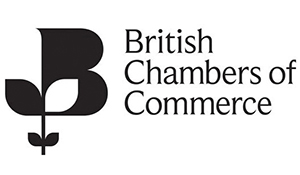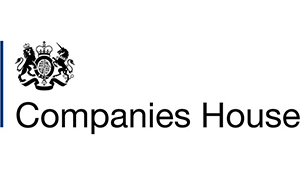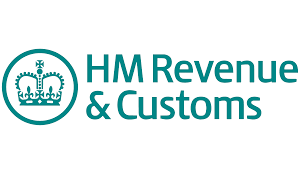As soon as the current measure ends, the French authorities will reintroduce a new one, which will become effective on November 1, 2024.
The Western European country also mentioned to the European Commission irregular crossings on the Channel and North Sea borders among the reasons for its recent decision, along with increasing violence among migrants in northern coastal areas such as Dunkirk and Calais.
The increasing violence among migrants in these areas, according to the French authorities, is leading to tense and dangerous situations involving migrants and law enforcement.
Almost a Decade of Border Controls in France
The previous reason why France introduced border controls from May 1, 2024, until October 31, 2024, was the Olympic and Paralympic games organised in the summer of 2024.
However, May 1, 2024, was not the first time French authorities took this decision. The country has been maintaining border controls since 2015, for almost a decade.
November 15’s Paris terrorist attacks led the government of France to inform the European Commission about the temporary reintroduction of border controls from December 14, 2015, which were set to last until May 26, 2016; however, since then, controls have been extended numerous times.
Up to this point, the French authorities notified the European Commission almost 20 times regarding the extension of this measure for different reasons.
Under the Schengen Borders Code (SBC), EU Member States are allowed to introduce temporary border controls. However, it must be applied as a last-resort measure initiated in exceptional stations.
The prolongation of border controls is also permitted, in line with the SBC; however, the total period should not exceed six months.
Retailleau: French People Want More Order at the Borders
Last week, Bruno Retailleau, soon after assuming his role as Interior Minister of France, promised he would impose stricter measures to halt irregular migration, according to France 24.
Retailleau expressed concerns related to mass migration, indicating that the country could be overwhelmed by migratory flows.
Figures from the European Border and Coast Guard Agency (Frontex) showed that from January to September, 166,000 irregular border crossing attempts were detected at the EU’s external borders.
Despite these figures being down by 42 per cent compared to the ones registered in the first nine months of 2023, concerns related to irregular migration led several other Schengen Zone countries to introduce or reintroduce border controls.
Austria, Germany, Norway, and Denmark are the countries that have been the latest to notify the EU Commission about their decisions on border controls








